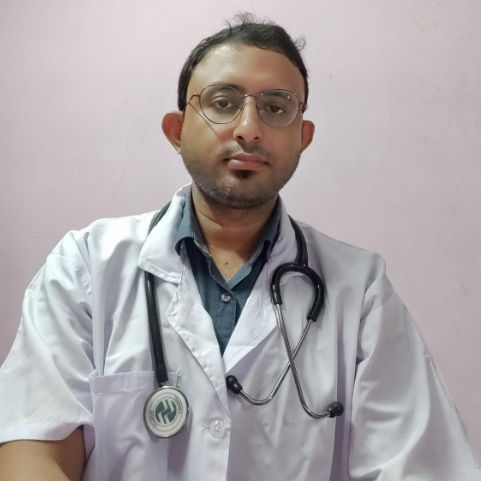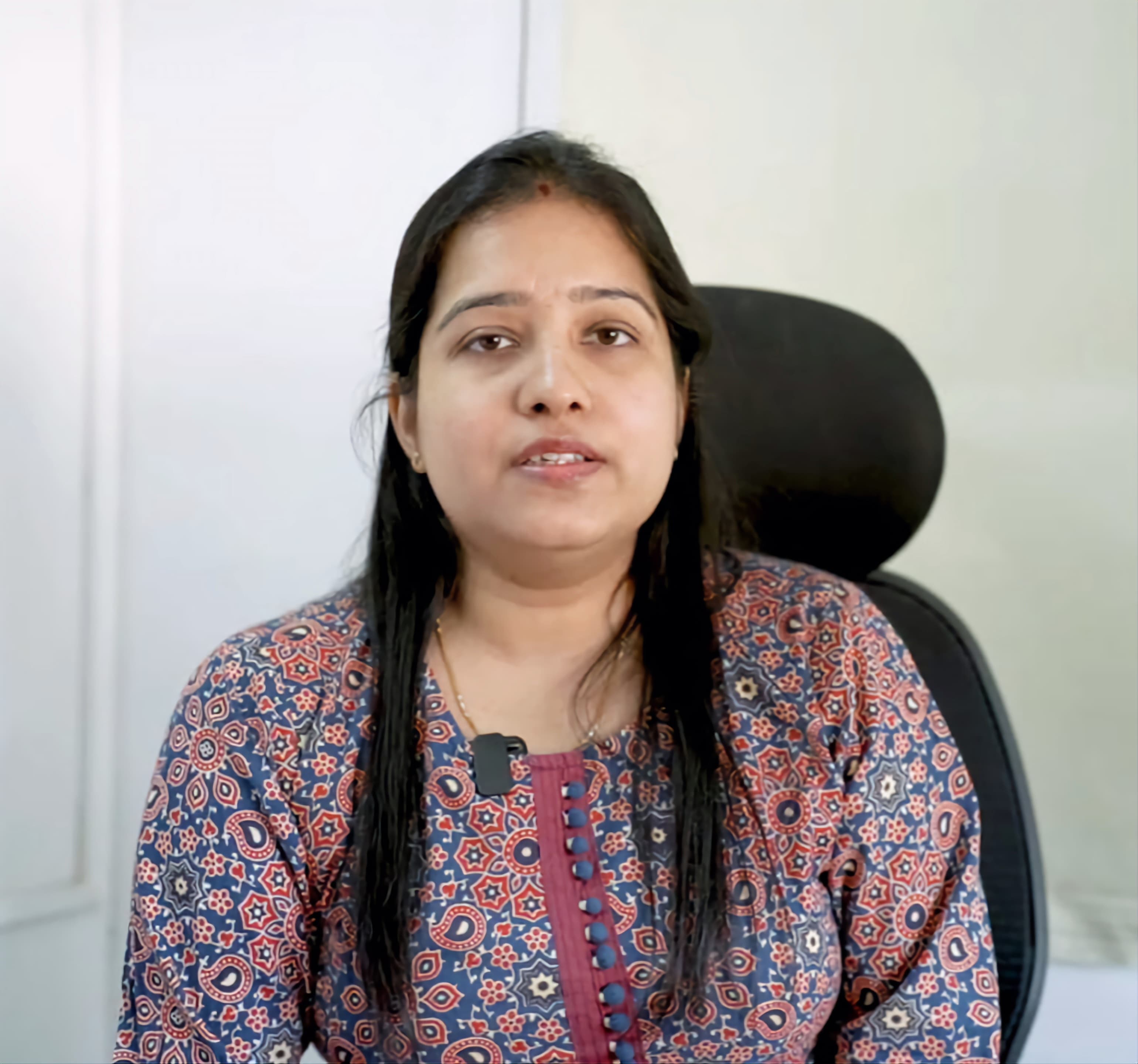Acne is one of the most common skin conditions worldwide, affecting individuals of all ages, from teenagers to adults. While the breakouts themselves can be frustrating and distressing, many people find that the real challenge begins once the acne begins to clear. This is because acne often leaves behind dark spots, also known as post-inflammatory hyperpigmentation (PIH), which can linger long after the acne itself has subsided.
These dark spots can be just as troublesome as the acne itself, as they can take weeks or even months to fade, affecting an individual’s confidence and skin appearance. Fortunately, there are effective ways to manage and reduce these dark spots, helping your skin to regain its natural, even tone. In this comprehensive guide, we’ll explore what acne dark spots are, why they form, and how you can treat and prevent them, offering you actionable advice to improve your skin’s appearance.
What Are Acne Dark Spots on Face?
Acne dark spots are flat, darkened skin areas that develop due to inflammation caused by acne lesions. These spots are not scars; rather, they are a type of post-inflammatory hyperpigmentation (PIH) that occurs when the skin produces excess melanin (the pigment responsible for skin colour) in response to the irritation caused by acne. The dark spots typically appear after the acne has healed, but the skin has not fully returned to its original colour.
While these dark marks can occur anywhere on the body, they are most commonly found on the face, where acne lesions tend to be most prominent. They can vary in colour, ranging from light brown to deep purple or red, depending on your skin tone and the severity of the acne.
Why Do Acne Dark Spots Form?
To understand why dark spots appear after acne, it’s crucial to know how acne affects the skin. When an acne pimple forms, it causes inflammation in the surrounding skin. In response to this inflammation, the body often produces excess melanin, which leads to a darkened skin area once the pimple has healed. The deeper and more inflamed the acne lesion, the more likely it is to leave behind a dark spot.
Some common factors that contribute to the formation of acne dark spots include:
Inflammatory acne lesions: Pimples that are red, swollen, and painful (such as cysts and nodules) are more likely to leave dark spots than mild comedonal acne (blackheads and whiteheads).
Picking or squeezing pimples: Touching, picking, or popping acne lesions can exacerbate inflammation and increase the risk of post-inflammatory hyperpigmentation.
Skin type and tone: People with darker skin tones (Fitzpatrick skin types IV-VI) are more prone to developing hyperpigmentation due to higher melanin production.
Sun exposure: Sun exposure can darken existing hyperpigmented spots, making them more difficult to fade.
How to Treat Acne Dark Spots
While acne dark spots are not scars and will eventually fade, several treatment options are available to help speed up the process. By using the right skincare products and adopting a consistent skincare routine, you can effectively reduce the appearance of these spots and promote healthy, clear skin.
1. Topical Treatments
Several topical treatments are available that can help fade dark spots caused by acne. These treatments work by either reducing melanin production or promoting skin cell turnover. Some of the most effective ingredients for treating acne dark spots include:
Vitamin C
Vitamin C is a potent antioxidant that helps brighten the skin and inhibit melanin production. It can reduce the appearance of dark spots by lightening hyperpigmented areas and promoting collagen production. For maximum effectiveness, look for serums or creams containing stabilised vitamin C, such as ascorbic acid.
Retinoids
Retinoids (retinol, tretinoin, adapalene) are potent ingredients that accelerate skin cell turnover, helping to fade dark spots and prevent new ones from forming. They also improve the skin's overall texture, making it appear smoother and more even. Retinoids can be irritating initially, so it’s important to start with a low concentration and gradually increase the dose.
Niacinamide
Niacinamide (vitamin B3) is an excellent ingredient for reducing hyperpigmentation. It works by inhibiting the transfer of melanin to skin cells, thereby lightening dark spots. Niacinamide is also anti-inflammatory, which can help calm irritated skin and prevent the formation of new acne.
Alpha Hydroxy Acids (AHAs)
AHAs, such as glycolic acid and lactic acid, are chemical exfoliants that help to remove dead skin cells and encourage the growth of new, healthy skin. Regular use of AHAs can improve the appearance of dark spots by speeding up skin regeneration and reducing the accumulation of melanin.
Hydroquinone
Hydroquinone is a skin-lightening agent that works by inhibiting melanin production. It’s often prescribed by dermatologists for the treatment of hyperpigmentation. However, it’s important to use hydroquinone under professional supervision, as overuse can cause side effects such as skin irritation.
2. Sun Protection
One of the most important steps in treating acne dark spots is protecting the skin from further sun damage. UV rays can darken existing hyperpigmentation and make it harder for the spots to fade. Always apply a broad-spectrum sunscreen with an SPF of 30 or higher to your face every day, even when it’s cloudy or you’re indoors. This will prevent the spots from becoming darker and help the skin heal more efficiently.
3. Chemical Peels
Chemical peels are professional treatments in which a dermatologist or licensed practitioner applies a chemical solution to the skin to exfoliate the outer layers and promote skin regeneration. These peels can help lighten dark spots, improve skin texture, and even out skin tone. Depending on the severity of the hyperpigmentation, a series of treatments may be recommended.
4. Laser Treatments
For persistent or deep dark spots, laser treatments can be highly effective. Lasers such as fractional lasers or Q-switched lasers target the pigment in the skin and break it down, helping to fade dark spots over time. Laser treatments should only be performed by a licensed dermatologist or medical professional.
How Long Do Acne Dark Spots Last?
The duration of acne dark spots on face can vary depending on factors such as the severity of the acne, your skin type, and how well you care for the affected area. Generally, acne dark spots take several weeks to a few months to fade completely. In some cases, they may take up to 6 months to fully disappear. However, deeper, or dermal, spots can take years to fade. For most people, dark spots gradually fade over time without intervention, but consistent skincare and treatment can help speed up the healing process and even out your skin tone.
How to Prevent Acne Dark Spots on Face
While it may not always be possible to completely prevent dark spots from forming, there are several steps you can take to minimise your risk and protect your skin:
Avoid picking or squeezing pimples: Picking at acne lesions can exacerbate inflammation and increase the risk of scarring and hyperpigmentation. Resist the urge to pop pimples and let them heal naturally.
Start acne treatments early: The sooner you address acne, the less likely it is to become inflamed and leave behind dark spots. Using acne treatments such as topical retinoids or benzoyl peroxide can help prevent new breakouts.
Protect your skin from the sun: Sun exposure can darken existing spots, so be diligent about applying sunscreen daily. This will not only protect your skin from UV damage but also help your acne dark spots fade more quickly.
Conclusion
Acne dark spots can be a persistent reminder of past breakouts, but they don't have to define your skin's appearance. Understanding the underlying causes and using appropriate treatments can help your skin heal and regain its natural radiance. Whether you opt for topical treatments, professional procedures, or a consistent skincare routine, patience and perseverance are key.
Consistency is crucial. Stick to a skincare regimen that suits your skin type, and be patient as your skin heals. Over time, dark spots will fade, and your skin will appear clearer and more even-toned. If over-the-counter treatments don't yield results, consider consulting a dermatologist. They can recommend personalised treatments to help you achieve the best possible outcome.
Consult Top Dermatologist

Dr. K Chetana
Dermatologist
13 Years • MBBS, MD ( Dermatology)
Hyderabad
Apollo 24|7 Virtual Clinic - Telangana, Hyderabad
(25+ Patients)

Dr. Hemalatha Naidu M
Dermatologist
5 Years • MBBS, MD (Dermatology)
Bangalore
Apollo 24|7 Virtual Clinic - Karnataka, Bangalore
(150+ Patients)

Dr Ritika Shanmugam
Dermatologist
6 Years • MBBS, MD (Dermatology, venereology, Leprosy)
Bangalore
Apollo 24|7 Virtual Clinic - Karnataka, Bangalore

Dr. Madhab Datta
Dermatologist
5 Years • MBBS, MD (DVL)
Kolkata
Dr. Madhab Datta's Clinic, Kolkata

Dr. Sonal Jain
Dermatologist
9 Years • MBBS, MD (Skin & VD), DNB (DVL), Fellowship in Dermato Surgery
East Midnapore
VIVEKANANDA SEBA SADAN, East Midnapore
